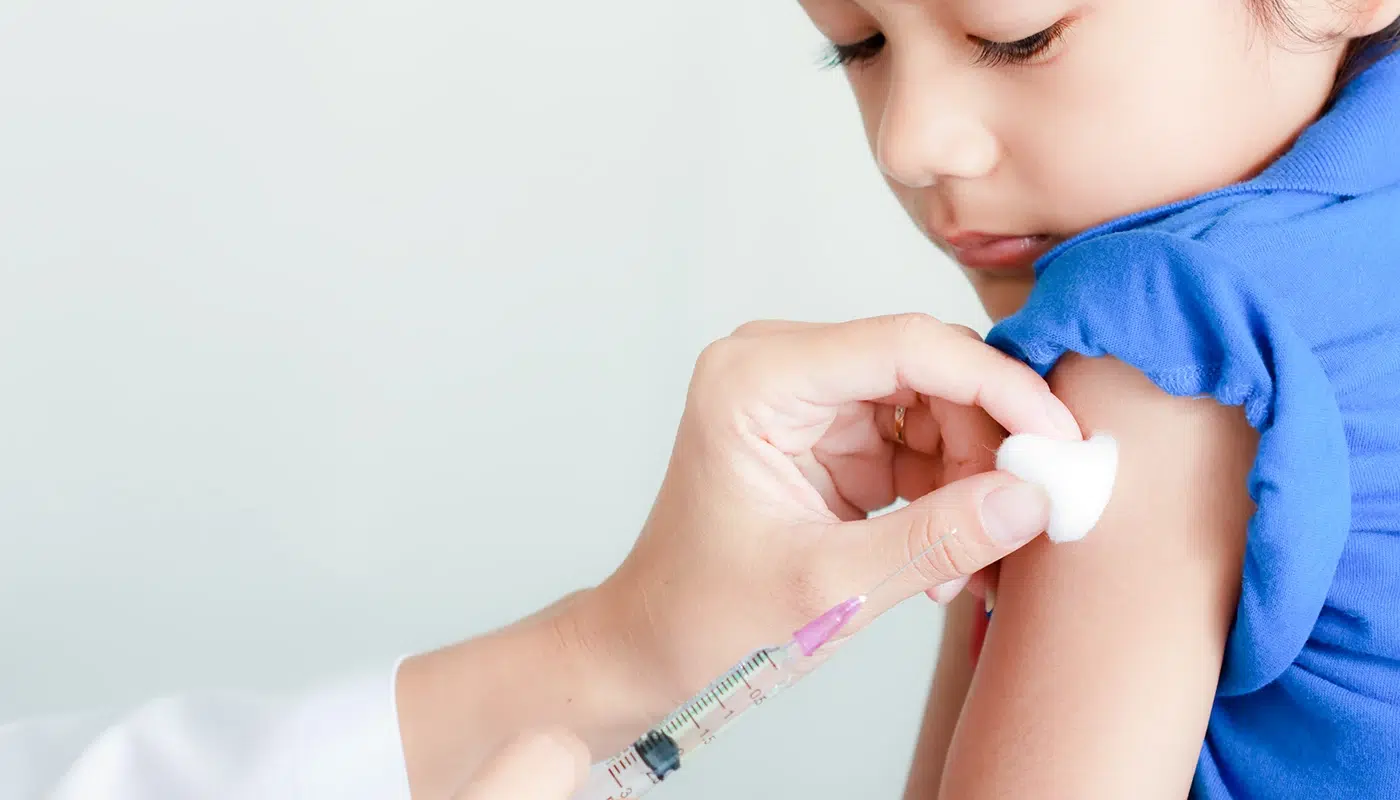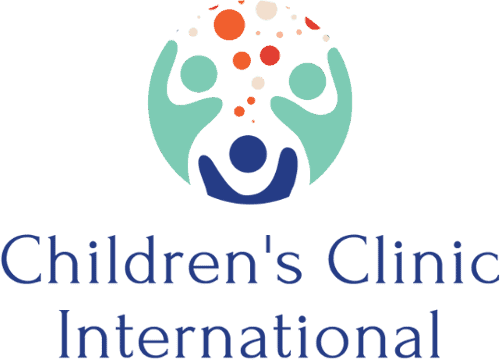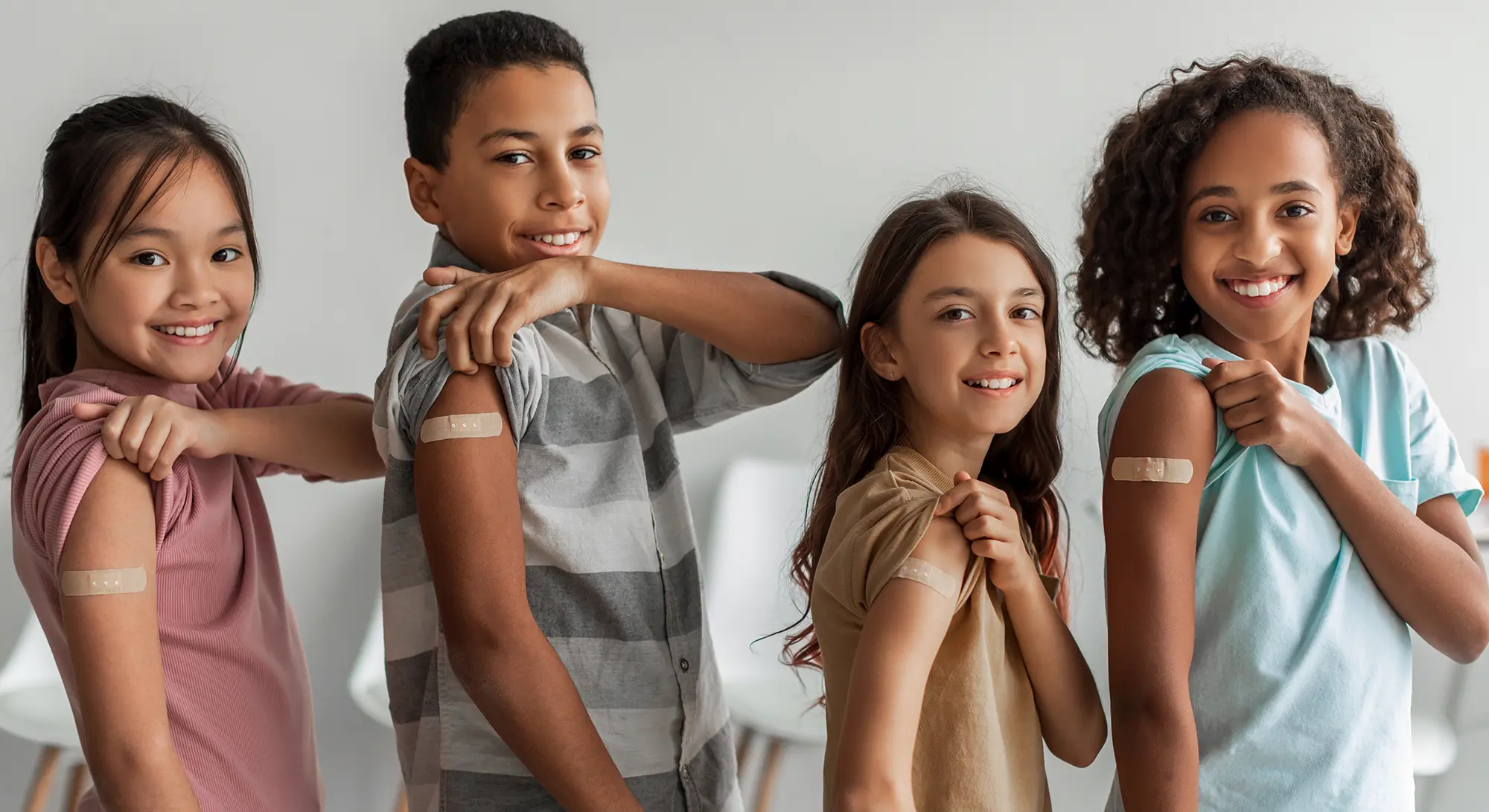Beyfortus – The RSV Vaccine for Newborns

Beyfortus, an antibody treatment against Respiratory Syncytial Virus (RSV) — a virus known to cause more severe illness than typical cough and cold viruses — was approved in Singapore in November and is expected to be available in 2025. Should you get it for your newborn?
Beyfortus is administered as a single-dose antibody injection for infants (some high-risk children may receive a second dose around age 1). It was approved in Europe in November 2022 and in the United States in July 2023.
Risks of RSV
What are the risks of RSV? About 1–2% of children who get RSV may require hospitalization. Fortunately, 99% of those hospitalized recover well, with oxygen being the primary treatment. That said, the illness can be serious: roughly 1 in 5 hospitalized children need intensive care, and about 1 in 20 require mechanical ventilation (a breathing tube).
The highest risk group includes infants under 2 months old. It is very rare for children over 5 years of age to be hospitalized for RSV. Most hospital admissions occur in children under 18 months — likely around 75% are younger than 6 months.
Effectiveness of Beyfortus
Beyfortus is effective — it reduces the risk of hospitalization from RSV by more than 80%. That sounds impressive, but context matters. If a child had a 1 in 100 chance of hospitalization, Beyfortus reduces that to about 1 in 300. So, while the risk was already low, it becomes even lower.
In a key 2023 study, only 1% of children who received Beyfortus were hospitalized with RSV by age 2. Among those who did not receive the antibody, the rate was 3%. The most significant benefit was seen in infants under 2 months old.
Will it prevent death from RSV? That is still unknown. Because RSV-related deaths are extremely rare, it will take years of data to determine any impact on mortality.
Also, Beyfortus only protects against RSV, not bronchiolitis caused by other viruses. While RSV tends to be more severe, other common cold viruses can also lead to bronchiolitis. The prevalence of each virus can vary by season and region, and about one-third of bronchiolitis admissions are caused by non-RSV viruses.
Beyfortus is an antibody, not a traditional vaccine. Its effects wear off, offering 0% protection after 10 months. In other words, a dose administered to an infant will not protect beyond their first year of life.
And yes, it is likely to be expensive. In the United States, the listed price exceeds SGD 600 per dose. The price in Singapore is still unknown.
A Note on Abryvso
Another important development is Abryvso, a maternal RSV vaccine approved in September 2024. It is recommended for pregnant women between 32 and 36 weeks of gestation and is about 80% effective at preventing RSV-related hospitalizations in newborns, particularly during the highest-risk first few months of life.
Is Beyfortus recommended?
Would I recommend Beyfortus for newborns? Yes, it is safe and effective. If cost is not a concern, it is worth considering. The overall benefit may be small, but the protection it offers does work. I would recommend Abryvso for all eligible pregnant women, and Beyfortus as an additional option if affordable.
Update: July 2025
Beyfortus is now available in Singapore. The main consideration is cost. The vaccine is expensive, priced at around SGD 500 per dose.
If you are eligible to receive Abryvso during pregnancy, I would recommend that first. It provides strong protection during the most vulnerable early months. While Beyfortus lasts longer, the risk of severe RSV complications declines as your child gets older, making maternal vaccination the most practical and cost-effective choice for most families.
Given the cost, would I strongly recommend Beyfortus? Honestly, not as much. RSV is not as serious as other diseases like pneumococcal infection or Hib, for which vaccination is strongly advised. Even meningococcal disease, though rare, is more severe.
That said, Beyfortus is available at our clinic. If cost is not a concern, let us know, and we can administer it here.

About Author
This article is written by Dr Leo Hamilton, who is a US board-certified Pediatrician since 2003. Dr Leo relocated to Singapore in 2011, caring for expat and Singaporean children from newborns at delivery to teenagers. Beyond his background in Hematology/Oncology, he has an interest in asthma, behavioural issues (primarily ADHD), teen health, and modern management of routine childhood illnesses such as ear infections, bronchiolitis, and pneumonia.

